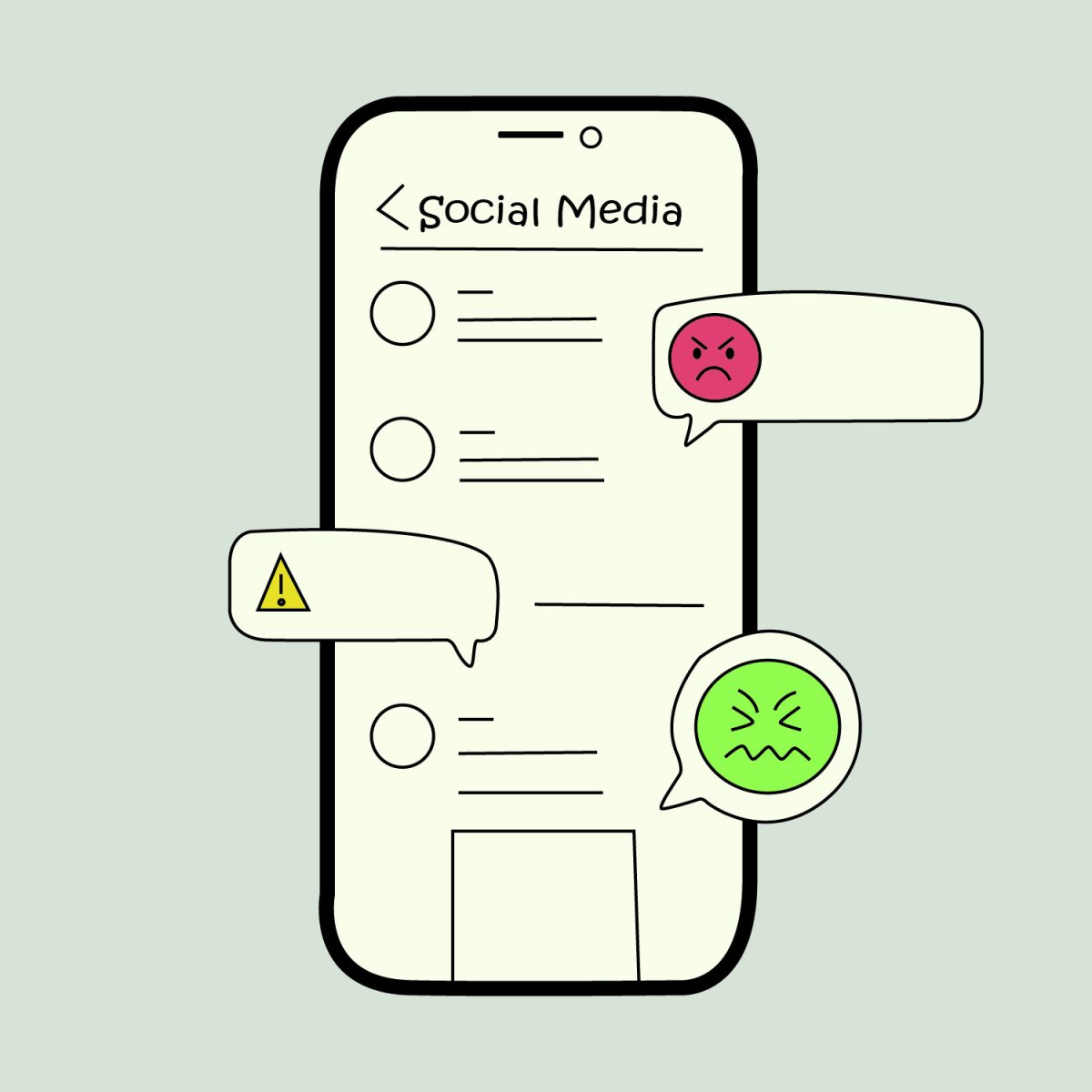Earth is a beautiful planet full of life, surprises, and mysteries. It is no wonder that there is still so much that we have yet to discover on this planet. However, this one-of-a-kind planet is not going to last forever, and human activity is only further crippling our planet. Eventually, humans are going to have to find a new home through space exploration and the closest candidate for human colonization in none other than Mars, the red planet.
Up until now, since Oct. 4, 1957, when the first satellite, Sputnik, was launched into space, humanity has been in a frenzy of creating rockets and space shuttles, exploring the moon, and further into the vastness of space. Since then, space exploration has given way to new machinery and technology to be used on Earth too. According to Starlust, “In the words of Mary Roach in Packing for Mars, “If it’s cordless, fireproof, lightweight and strong, miniaturized, or automate, chances are good NASA has had a hand in the technology.”” The challenge of sending humans to live on Mars will push us to create new innovations that will not only help the Mars dwellers, but us here at home.”
Exploring and colonizing Mars will give humanity a better understanding of how space works which will lead to humanity gaining knowledge on how to take care of their home planet. According to Netivist, “Thanks to space exploration programs we are discovering many things that help us understand the universe. For instance, learning about planets, comets, stars, etc. can help us find solutions for some of the problems our civilization will face, such as overpopulation and the need to colonize other planets.” Once we know more about planets, we can have a better understanding and awareness of how we treat our current planet and future planets.
Colonizing Mars will ensure the survival of humanity by giving us another home other than Earth. In about 1.3 billion years, the Earth will be unsuitable for life, and there is no point in denying that humanity is going to need a new home. Sooner or later, we will have to colonize Mars or other planets in order to survive. Starlust says, “An obvious reason that is often brought up when discussing sending humans to and colonizing Mars is using it as a second home. If we have humans on planets other than Earth, it provides us with a backup home so to speak if something were to happen to Earth.”
Although there are many benefits that come from colonizing Mars, there are some good arguments that are brought up by others that conflict with those advantages. One such argument is the hazardous surface of Mars that is dangerous to any living organism. According to Odyssey, “The Earth’s atmosphere protects us from dangerous levels of cosmic radiation originating from outside the solar system – something that Mars lacks due to its thin atmosphere. This means any future human missions will need to take extra precautions if astronauts are going to spend extended periods of time on Mars without becoming ill or suffering long-term health complications as a result of their exposure.” The radiation levels on Mars are currently dangerous to humans and prevent our ability to colonize Mars, for now. However, with the development of new technologies, we should be able to eventually withstand the radiation on Mars.
Safety is a crucial issue in space exploration, particularly because of the lack of medical help and supplies when away from Earth. The lack of safety and health in space brings up major concerns about whether space exploration and colonization is even worth it. According to NASA, “Instructions, new supplies, medical care, and more become increasingly challenging to receive from Earth as astronauts venture deeper into space.” It is practically impossible for humanity to further explore space and colonize Mars if there are no healthy and able-bodied astronauts to complete their mission. However, as technology evolves, so will our access to medical treatment when in space or on Mars.
Colonizing Mars might seem like an impossible task for humans, but if there is one thing humans are good at, it is adapting. Mars might not be suitable for humans now, but with the new development of technologies and an understanding of space, colonizing Mars will become a reality. Settling on Mars does not have to happen overnight, instead it can happen in the future, when humanity is ready to shoot for Mars.










